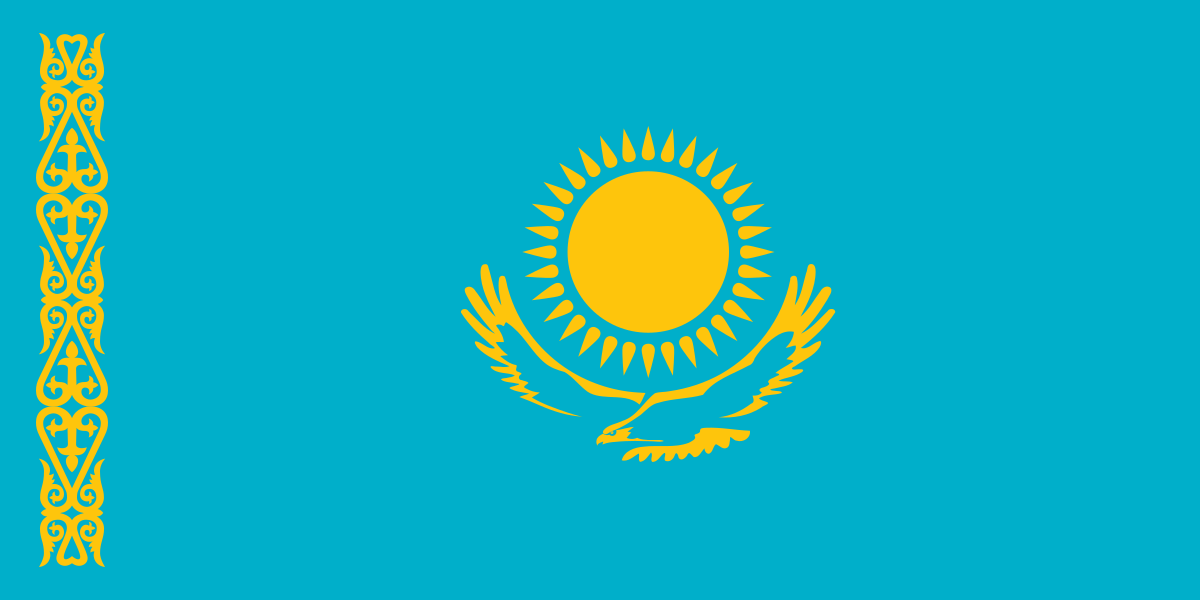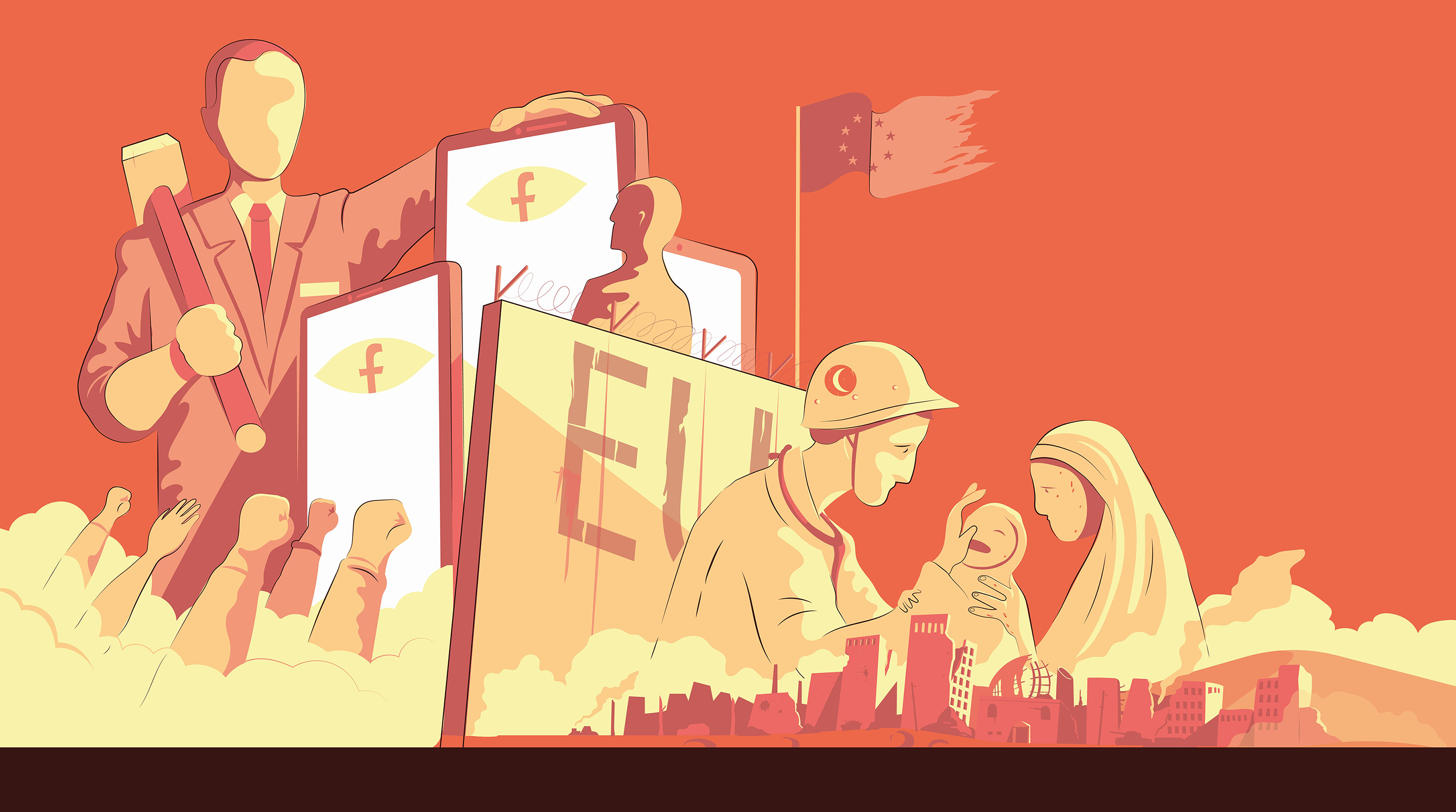
When I was growing up, I used to avoid playing board games with my little brother at all costs. He would completely disregard the official rules printed on the box and would instead make up his own. This might include an extra roll of the dice if he needed a seven instead of a six or another turn if he found himself stuck in a poor position on the board. Conveniently, these rules only applied to him and his turns, and I was left to follow the official rules written by the game’s creators. Inevitably I’d lose every single time due to his unfair advantage.
Society itself also has a cheating little brother of course, and it’s called corruption. Like the altered rules in the board game, corruption can take many forms and affects institutions across much of society. Upon closer examination, it becomes apparent that no one is immune to the lure of having an unfair advantage and with it the upper hand.
The rabbit hole of corruption runs far and deep and reaches nearly every country in the world. Headlines in the daily news cycle feature the names of countries like Russia, Brazil, Venezuela, Greece and others nestled up to the word corruption along with the devastation it brings to the citizens of these affected countries.
Last year, Transparency International published its annual Corruption Perception Index. This index measures the amount of corruption found within a country’s society and rates it on a scale of 0 to 100, going from highly corrupt to highly honest. They found on average the 176 countries examined had a score of 43, illustrating a widespread problem of corruption plaguing the public sector globally. Only two countries scored a 90 – Denmark and New Zealand – while the rest scored anywhere from 10 (Somalia) to 89 (Finland). The implications of this widespread corruption are seen in the amount of inequality that comes from artificially giving a set of economic players an unfair advantage.
“In too many countries, people are deprived of their most basic needs and go to bed hungry every night because of corruption, while the powerful and corrupt enjoy lavish lifestyles with impunity,” said José Ugaz, Chair of Transparency International.
According to Transparency International, highly-corrupt countries face issues with poorly functioning police and judicial systems. Their untrustworthiness makes them unfavorable to the citizens who grow increasingly more cynical regarding their beliefs in getting an honest deal. The dangers of this feeling of hopelessness have also given rise to populism.
Even in the U.S. where corruption is lower than many other countries, there is still enough corruption experienced by many that has arguably led to the election of Donald Trump, a populist-performing president. With promises to “drain the swamp” and end corruption in the capital through a series of six measures, he set out in his 100-day action plan. These included everything from limiting senator terms to reducing the federal workforce.
These proposed measures inspired hope among Trump’s base, as they hoped this would be the ticket they needed to reach economic success; however, the people of the U.S. are quickly discovering that the corruption isn’t ending but rather continues in various other forms within the Trump administration, be it conflicts of interest or unauthorized use of resources.
If the promises of a nation’s leader to end corruption aren’t enough to fix the problem, then what will? Like combatting any other illness, it must be addressed at the source.
First and foremost, there must be real consequences for those who try to create an unfair advantage. This might include new laws and stiffer penalties to dissuade people from manipulating the system. There also needs to be institutions in place with enough funding to successfully locate, document and prosecute cases of corruption. And finally, there needs to be a push to create a society with an intolerance for corruption among its lawmakers and places of business so that the perpetuation of these corruptors can be eradicated.
It’s only when we grab society’s little brother called corruption by the arm, refuse to allow him to change the rules and instead educate him on the rules already discussed to create a fair game, that we can enjoy the challenge of trying to make our next move our best move.
Author: Robert Reynolds. Illustration: Elizabeth Gage/Flickr



